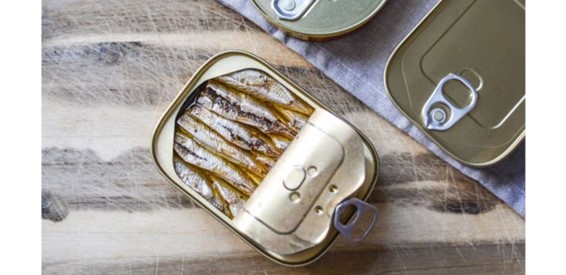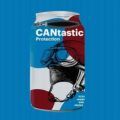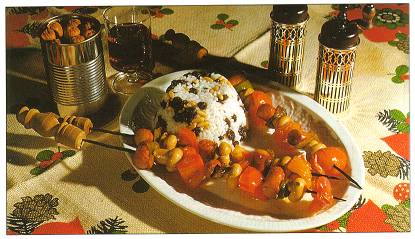There are gestures that have become part of our daily lives but that could entail some risk or other without us even realizing it. Metal containers are resistant to oxidation and can be consumed without difficulty, but sometimes we tend to store leftovers from an open can in the refrigerator. Many are unaware that storing open cans in the refrigerator can contribute to metal contamination of food, which could have negative health effects.
Food cans are airtight, vacuum-sealed containers. The companies that produce these products undergo a thermal process and the product is cooled to destroy the bacteria, inhibit the enzymes and prevent their entry when it is semi-empty. But once the can has been open for several days, the vacuum-sealed protections are expelled.
Cans used to store food and beverages are metal containers made, in particular, of rust-resistant rolled steel and metal with good protection. Its origin is produced by a thermal process that destroys possible microorganisms with inactivating effect and enzymes and it is not advisable to keep the food opened on the inside of the precise moment in which it is opened even when it has been especially unpacked exclusively for consumption. When this metal makes contact with the waste surface of the most acidic food (such as tomato and pineapple), it can cause a metallic taste.
Oxygen and acidity can create a process that affects the aesthetic appearance of the cans, but it is not always dangerous. This is a side effect of the oxidation process that only affects the aesthetic aspect. Once the can is opened, it is advisable to empty the contents into a plastic or, preferably, glass container, cover it tightly and place it in the refrigerator. It is important to keep them with their original liquid in order to transfer it to a new container.














